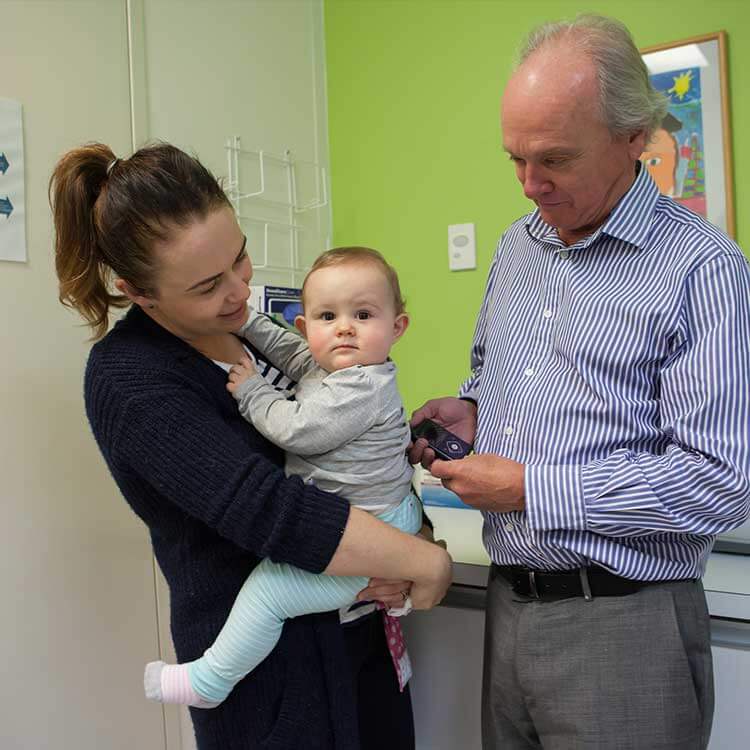Search
Showing results for "early childhood"

The Children's Diabetes Centre's research into Type 1 diabetes, childhood onset Type 2 diabetes and obesity aims to improve the lives of children and adolescents affected by these conditions.
Research
Cord blood Streptococcus pneumoniae-specific cellular immune responses predict early pneumococcal carriage in high-risk infants in Papua New GuineaWe aimed to explore whether newborns in high-risk areas have pre-existing pneumococcal-specific cellular immune responses that effects early acquisition.
Research
Quality of Life and Psychosocial Well-Being in Youth With Neuromuscular Disorders Who Are Wheelchair Users: A Systematic ReviewTo investigate quality of life (QOL) and psychosocial well-being in youth with neuromuscular disorders (NMDs) who are wheelchair users.
Research
The Effects of Interpregnancy Intervals, Family Size & Sociodemographic Factors on Child Development Outcomes at Age 5This project will investigate the effects of the time interval between pregnancies (interpregnancy interval), family size and other sociodemographic factors on child development outcomes at age five.

The BioMood project will study how following a Mediterranean diet during pregnancy affects the gut microbiome, metabolism, and inflammation, with the expectation that it will promote a healthier microbiome and better mental health.

Research shows at least a third of newborns receive formula in hospital, a practice shown to be associated with an increased risk of cow’s milk allergy.

Research shows at least a third of newborns receive formula in hospital, a practice shown to be associated with an increased risk of cow’s milk allergy.
Research
The intersect of genetics, environment, and microbiota in asthma-perspectives and challengesIn asthma, a significant portion of the interaction between genetics and environment occurs through microbiota. The proposed mechanisms behind this interaction are complex and at times contradictory. This review covers recent developments in our understanding of this interaction: the "microbial hypothesis" and the "farm effect"; the role of endotoxin and genetic variation in pattern recognition systems; the interaction with allergen exposure; the additional involvement of host gut and airway microbiota; the role of viral respiratory infections in interaction with the 17q21 and CDHR3 genetic loci; and the importance of in utero and early-life timing of exposures.
Research
BreastfeedingConvenient, readily available and helping create a close and loving bond between baby and mother, breastfeeding is highly regarded for optimising infant health and preventing chronic disease in adulthood.
As well as ORIGINS long-term core research, there are a number of clinical trials, early interventions and shorter-term research studies that sit within ORIGINS. Known as sub-projects, these studies look at multiple aspects of child and family health and development.
